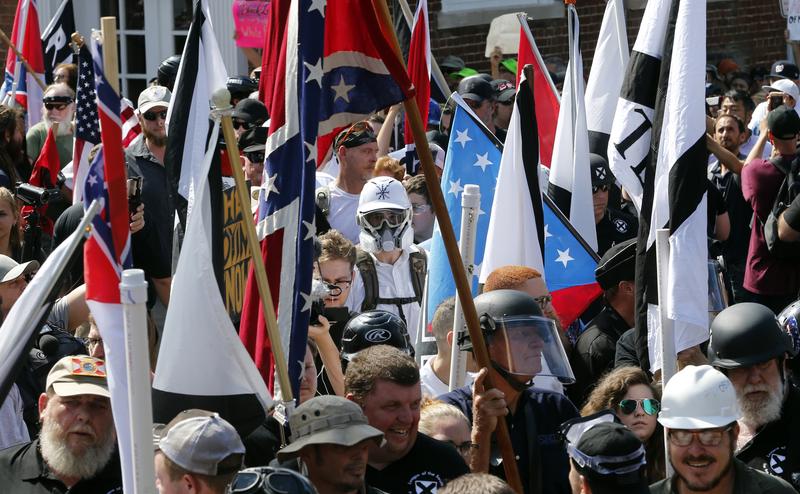
After the 2016 Presidential election, ProPublica and several media partners, including WNYC, set out to report and track hate crimes that often fall through the cracks.
ProPublica's Rachel Glickhouse said they discovered that more than half of hate crime victims do not file reports to the police; only 12 states have statutes requiring training for police officers on how to handle hate crimes; and there are often discrepancies between how many hate crimes occur at a local level and what gets reported to the F.B.I.
"Essentially, we've been finding things on both the victim side and on the law enforcement side that makes for a situation in which we don't always know how many of these crimes are actually happening," Glickhouse told WNYC's Jami Floyd.
According to Glickhouse, hate crimes that are reported are often under-prosecuted. Nearly 1,000 potentially bias-motivated crimes were reported to police in Texas from 2010 to 2015, but only eight of those ended in a conviction.
ProPublica and its partners will continue to record and report on hate crimes in 2018. If you've experienced or witnessed a hate incident, fill out this form.
